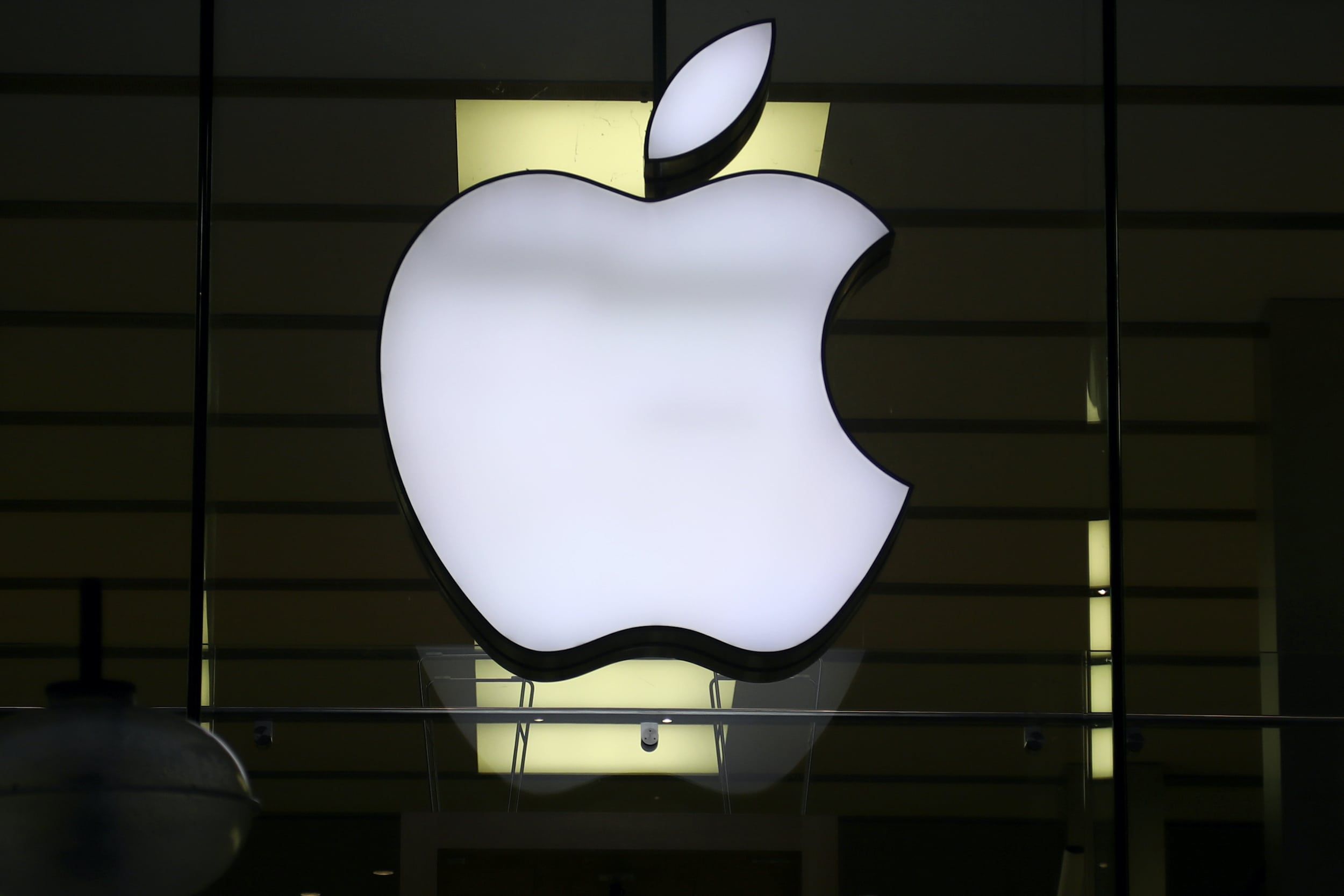A federal decision in California has dominated that Apple opposition.

A federal decision in California has dominated that Apple opposition. is secure from the “Toast Plus” case proceeding wherever a faux crypto pocketbook app was out there within the Apple App Store. A client sued the technical school for downloading the fraudulent app and lost some crypto.
Apple Not Liable for Loss After Customer Downloaded Fake Crypto App
Judge Phyllis J. Hamilton of the U.S. The District Court for the Northern District of California has dominated that Apple opposition. isn’t liable in any case proceeding wherever a dishonest cryptocurrency pocketbook app was out there for transfer on the company’s app store, Bloomberg according Tuesday.
Plaintiff Hadona Diep, a crypto capitalist, suspect Apple of hosting a dishonest mobile application that mimics Toast and, a legit XRP pocketbook app. The faux app had an identical name and emblem to its legitimate counterpart. She filed a category action proceeding against the technical school in Maryland court in September last year; the case was transferred to the Northern District of California in December.
The proceeding explains that in Jan 2018, the litigator downloaded the faux app from the Apple App Store and used it to initiate a transfer of roughly 474 XRP coins from the crypto exchange Bittrex to a Rippex pocketbook.
Rippex closed in February 2018 however the litigator might still access her coins from alternative wallets. The litigator then “linked her personal XRP key, or a seed phrase, into Toast and in March of 2021.” However, once she checked her Toast and account in August 2021, she discovered that her account was deleted in March 2021 and her deposited XRP coins were obscured to be found.
Diep claimed to possess over $5,000 in damages as a result of Apple hosting the dishonest crypto pocketbook app. Her co-plaintiff Ryumei Nagao claims that he lost $500,000.
Judge Hamilton united with Apple that the technical school company can not be commanded to be accountable for the faux app. Apple is immune underneath Section 230 of the Communications Decency Act as a result of it’s thought of a publisher of the content provided by another content supplier, not a creator, in line with Hamilton’s Sept. 2 ruling.
The decision conjointly united with Apple that Diep failed to with success plead claims underneath each California’s and Maryland’s shopper Privacy Acts as a result of she failed to say specific details of the time, place, and content of the alleged false representations.
Moreover, Diep’s claims should be discharged as a result of underneath Apple’s terms and conditions, the corporate isn’t accountable for damages arising out of or associated with the employment of third-party apps, the ruling details.

